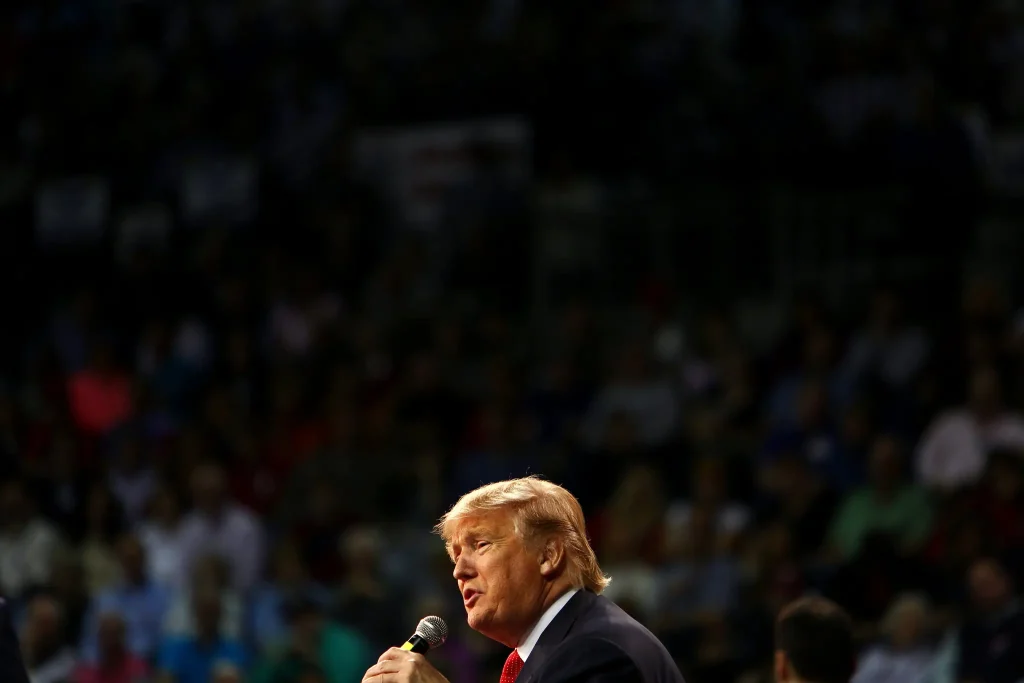Lawmakers in Washington are confronting critical fiscal questions, particularly regarding the impending expiration of the Trump-era tax cuts at the end of 2025. The debate over whether to extend these provisions, enacted through the 2017 tax cuts under former President Donald Trump, has intensified following a recent analysis by the Congressional Budget Office (CBO). This analysis reveals that extending the tax cuts would come with a hefty price tag: an estimated $4.6 trillion over the next decade.
The CBO, along with the Joint Committee on Taxation, conducted an in-depth examination, finding that continuing the tax cuts for individuals alone would lead to a reduction in federal revenues by approximately $3.3 trillion over the next ten years. Additionally, there would be an increase in interest payments amounting to $467 billion. The provisions within the 2017 tax law that decreased taxes on estates, gifts, investments, and specific types of small business income would further contribute to the expense, totaling an additional $717 billion, with an added $138 billion in interest costs.
These figures underscore the significant financial implications of extending the Trump-era tax cuts. Democrats have long criticized these cuts as fiscally irresponsible and skewed in favor of the wealthy. President Joe Biden has pledged not to raise taxes on individuals earning less than $400,000 per year but has signaled his intention to allow the individual tax cuts to expire. Treasury Secretary Janet Yellen has suggested that the president plans to maintain the tax cuts for families below this income threshold while offsetting revenue losses through other tax increases.
Senate Budget Committee Chair Sheldon Whitehouse and other Democrats support Biden’s position, arguing that the Trump tax cuts primarily benefited the wealthy and contributed to increasing deficits. However, Republicans continue to defend the tax cuts and advocate for their extension, citing economic growth and increased federal revenues following their implementation.
Despite the significant budgetary implications, the debate surrounding the extension of the Trump tax cuts highlights the complex challenges facing lawmakers in addressing fiscal policy and tax reform. While there is bipartisan recognition of the need for fiscal responsibility, there is also disagreement over the most effective approach to achieve this goal. As the expiration date of the tax cuts draws nearer, the discussion is likely to intensify, reflecting the competing priorities and ideologies within Congress.
